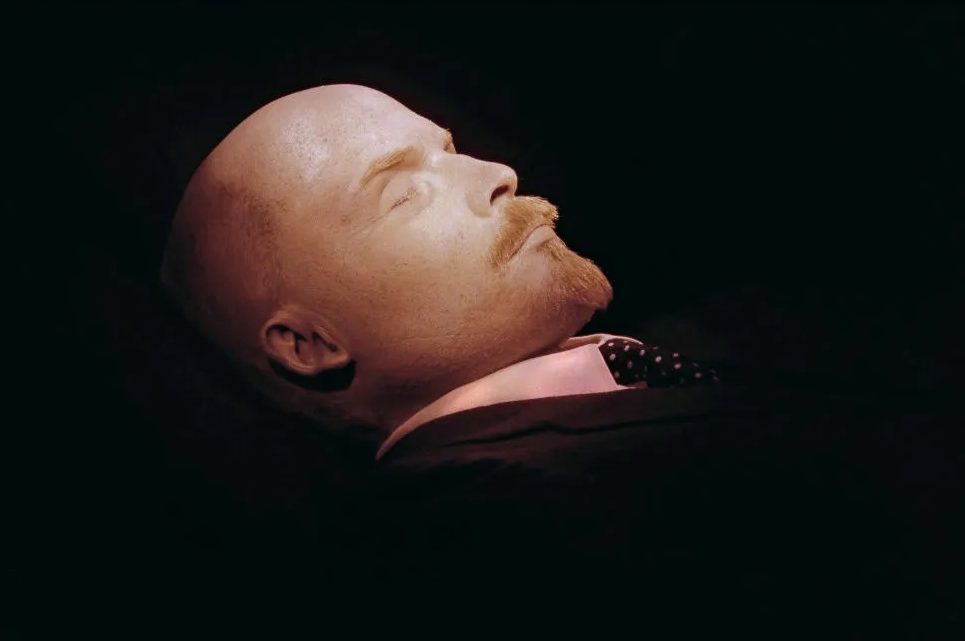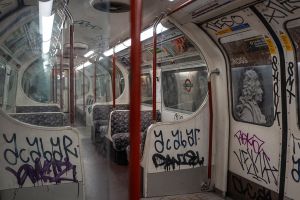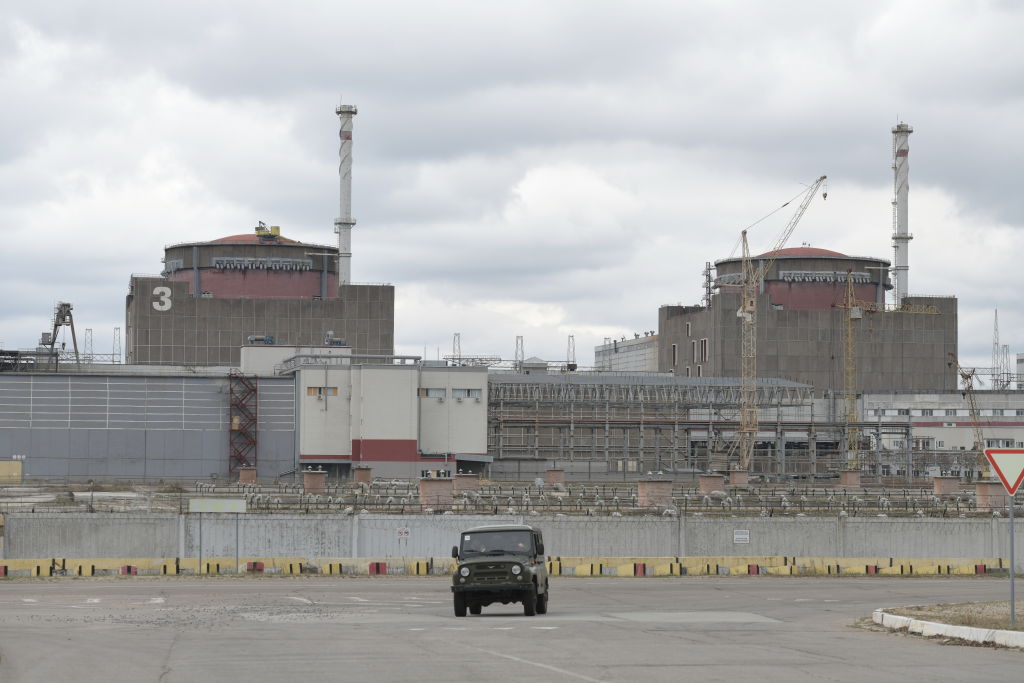British riots are not a new phenomenon. They were regular occurrences throughout history and usually the spark that lit the tinder was a sense of grievance that the authorities were refusing to deal with. In our century, governments have better technological means to stay attuned to public opinion. But the recent outbreaks of violent protest have taken government and parliament by surprise, and the rioting and looting may not have reached its peak.
Far-right political militants have undoubtedly helped to instigate the troubles on the streets, and the question arises: are they employing a model of far-left activism that led to the Bolshevik seizure of power Russia in October 1917? Some features are very reminiscent. Bolshevism in Russia fed off the resentments of garrison soldiers who objected to a diet of lentils and workers who feared the closure of their factories by owners facing bankruptcy. Bolsheviks in every city organized demonstrations through city centers. They put up posters advertising their plans. They encouraged supporters to come along with rifles if they had them.
The Bolsheviks were coy about some of their long-term intentions
Bolshevik leaders themselves — Lenin and Trotsky among them — avoided standing at the front of any march: they knew that they would be the first targets for arrest. In fact, Lenin spent most of the time between the February and October 1917 either in Switzerland or Finland, not in Petrograd. He detonated his demagogic bombs from a safe distance — rather as the British far-right agitator Stephen Yaxley-Lennon (aka Tommy Robinson) is doing from a pool in Cyprus.
After carrying out their seizure of power, the Bolsheviks claimed that their victory was based on a scientific analysis of the logic of trends. They kept hidden — even from themselves — how much they had benefited from a fortuitous run of events: a European war, economic collapse, ruinous welfare conditions and the disintegration of the old tsarist state. In the chaos, their policies for Russia fell into fertile ground.
Bolsheviks adapted efficiently to open politics. Whereas among themselves they talked in Marxist jargon, in public they spattered society with slogans that everyone could understand: peace, bread and land. Their party membership swelled from a few thousand to 300,000 by the end of the year. They had the advantage of being able to criticize power before wielding it themselves. They queried the sincerity of the post-Romanov provisional government. Why were Russians fighting an unwinnable war against Germany on the eastern front? Why were urban citizens going without food? Why did the landlord elite still hold on to their rural estates when peasants did all the work?
The questions touched a raw nerve. The Bolsheviks were not inventing but loud-hailing them, and they were coy about some of their long-term intentions. Even Lenin and Trotsky, both of them fanatical believers in Marxism, soft-pedaled their baleful music about dictatorship and terror. As events were to show, they knew that a successful communist revolution would require the spillage of oceans of blood. Indeed, Lenin believed in the need for a “European civil war.”
It would be passing strange if the instigators of the attacks on police vehicles or refugee hotels in the United Kingdom were as sophisticated as the leading Bolshevik communicators. The political far-left in Russia in 1917 was heavily intellectual and their scribblings in exile in Zurich, Vienna and Paris had always made huge demands on their readers. But that is not the point, which is that once they were back on Russian soil, they knew how to probe the existing wounds in society. They looked for and found an overlap between their own ideology and the feelings of resentment that were widely held in society.
Are we truly in danger of an advance on power by the British political far right? Surely not. But there are resonances from revolutions of the past. In France in 1789, one of the factors that sparked the Parisian revolt against the monarchy were the stories that Louis XVI was bringing Swiss and German troops to suppress trouble. This was indeed what the king intended. In summer 1917, however, there was no truth whatsoever in Lenin’s claim that the provisional government under Alexander Kerensky was plotting to han over the capital Petrograd to Imperial Germany. Lenin was deliberating stoking fires of dread among factory workers and soldiers who already faced a multitude of difficulties of life. For centuries, agitators — and there have been few agitators more masterly than Lenin — have made play with concocted rumor.
Their trick is always to focus on current resentments and place future plans under a hood. But the Bolsheviks operated in a much more congenial environment than the British political far-right can count on. In Russia, the police had already fled from their posts within days of the abdication of Czar Nicholas II in the February 1917 revolution. The army, at first loyal, soon suppurated with revolutionary inclinations as soldiers in the garrisons and at the front came over to the Bolshevik side. While most people yearned for the restoration of law and order, few any longer had confidence in the Kerensky government. Lenin and Trotsky did not walk through an open door to power in October 1917, but the locks were already broken.
These give reasons to be cheerful. The United Kingdom, unless I am totally misled by the evidence, retains an efficient counter-disturbance police force and there is no sign of mutiny in the armed forces. British public opinion heavily favors law and order. The government is widely endorsed for taking stern measures against rioters. The fomenters of disorder have no agreed idea of what to do next if they were to succeed in burning down every single refugee hotel. But the bigger point remains to be solved: what to do about the grievances held by many of the rioters who chucked bricks at policemen?
This article was originally published on The Spectator’s UK website.


























Leave a Reply